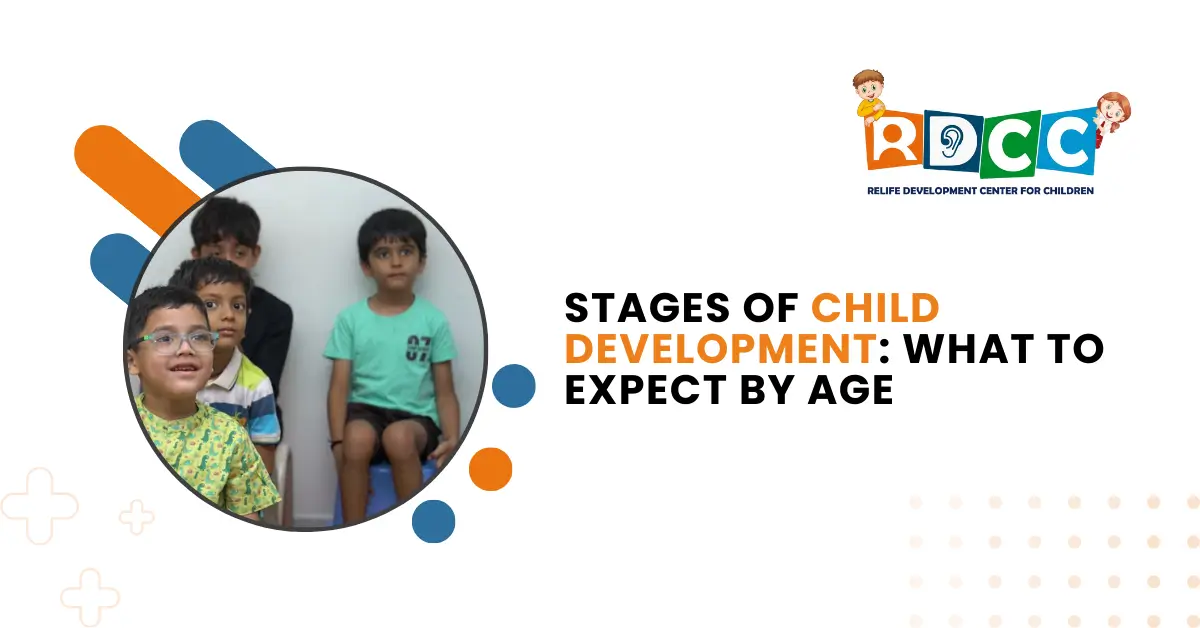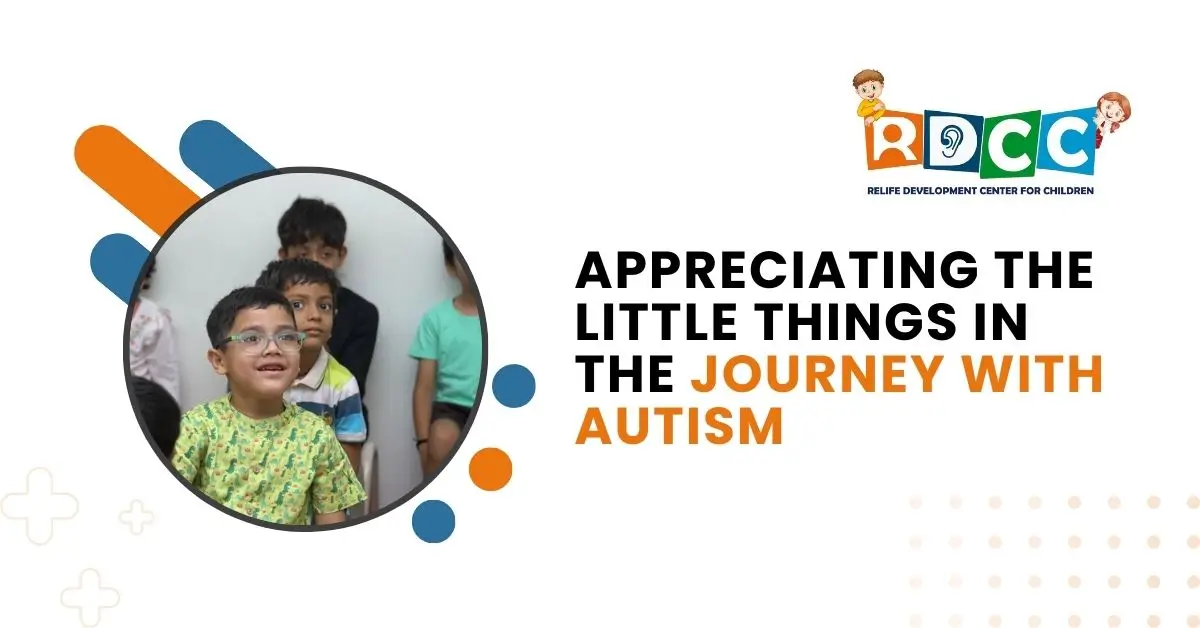
Understanding the stages of child development is crucial for parents, caregivers, and educators. Each age brings unique milestones and experiences that contribute to a child’s growth. Here’s a look at what to expect at various stages from infancy to adolescence.
1. Infancy (0-1 Year)
Milestones:
- Physical Development: Babies learn to control their bodies, from holding their head up to crawling.
- Cognitive Development: They begin to recognize faces and develop attachment to caregivers.
- Language Development: Babies start cooing and babbling, laying the groundwork for future language skills.
What to Do:
- Engage in tummy time to strengthen muscles.
- Respond to their coos and babbles to encourage communication.
2. Toddlerhood (1-3 Years)
Milestones:
- Physical Development: Toddlers walk, run, and climb, showing increased coordination.
- Cognitive Development: They explore their environment and begin problem-solving.
- Language Development: Vocabulary expands, and they start forming simple sentences.
What to Do:
- Provide safe spaces for exploration.
- Read to them regularly to promote language skills.
Empower your child’s growth with RDCC Healthcare—discover the stages of child development and how to support them today!
3. Preschool Age (3-5 Years)
Milestones:
- Physical Development: Children improve fine motor skills through activities like drawing and building.
- Cognitive Development: They engage in imaginative play and begin to understand basic concepts like numbers and colours.
- Language Development: They can express thoughts and feelings more clearly and start understanding simple instructions.
What to Do:
- Encourage imaginative play and social interactions.
- Introduce basic educational games that promote learning through play.
4. Early Childhood (5-7 Years)
Milestones:
- Physical Development: Children gain more strength and coordination; they can ride bikes and participate in team sports.
- Cognitive Development: They begin to think logically and understand cause-and-effect relationships.
- Language Development: Vocabulary continues to grow, and they start to read simple books.
What to Do:
- Foster interests in different activities, including sports and arts.
- Encourage reading by providing age-appropriate books.
5. Middle Childhood (7-12 Years)
Milestones:
- Physical Development: Kids develop greater strength and endurance; they engage in more complex physical activities.
- Cognitive Development: They begin to grasp more complex concepts, including mathematics and science.
- Language Development: They can write simple essays and engage in more detailed conversations.
What to Do:
- Support academic interests and provide resources for learning.
- Encourage teamwork through group activities or sports.
6. Adolescence (12-18 Years)
Milestones:
- Physical Development: Teens experience puberty and significant physical changes.
- Cognitive Development: They develop critical thinking skills and can consider abstract concepts.
- Language Development: Their vocabulary expands, and they can engage in debates and discussions.
What to Do:
- Encourage independence while providing guidance.
- Foster open communication about their thoughts and feelings.
When to Seek Help
As children grow, some may experience developmental delays or abnormalities that can impact their overall well-being. If you notice that your child is not meeting the typical developmental milestones for their age, it’s important to take action.
Signs to Look For
- Difficulty in speaking or understanding language
- Limited social interactions with peers
- Trouble with basic motor skills (e.g., running, holding objects)
- Lack of interest in play or learning activities
- Difficulty in focusing or following directions
If you observe any of these signs, it’s crucial to seek professional help. Contact RDCC to discuss your concerns. Their team of experts can provide guidance, assessments, and tailored support for your child’s unique needs. Early intervention can make a significant difference in your child’s development and future success.
Frequently Asked Questions
What are the main stages of child development?
Child development typically consists of six main stages: infancy (0-1 year), toddlerhood (1-3 years), preschool age (3-5 years), early childhood (5-7 years), middle childhood (7-12 years), and adolescence (12-18 years). Each stage has unique milestones and developmental tasks.
What are developmental milestones?
Developmental milestones are specific skills or behaviours that most children can do at a certain age. They include physical, cognitive, social, and emotional skills, such as walking, talking, and forming friendships.
How can I support my child’s development?
You can support your child’s development by providing a nurturing environment, engaging in play, encouraging exploration, and reading together. Consistent routines and positive interactions also foster healthy development.
When should I be concerned about my child’s development?
If your child is not meeting developmental milestones for their age, exhibits significant delays in speech or motor skills, or shows unusual behaviour, it’s important to consult a paediatrician or a child development specialist.
What are some signs of developmental delays?
Signs of developmental delays may include difficulty in speaking or understanding language, limited social interactions, trouble with motor skills, lack of interest in play, and difficulties focusing or following instructions.
How does nutrition affect child development?
Proper nutrition is essential for healthy brain and physical development. A balanced diet supports cognitive growth, boosts the immune system, and provides the energy needed for active play and learning.
How can technology impact my child’s development?
Technology can have both positive and negative impacts. While educational apps and videos can promote learning, excessive screen time may hinder social skills, physical activity, and emotional well-being. It’s essential to find a healthy balance.
What role do parents play in their child’s development?
Parents play a critical role in their child’s development by providing love, support, and guidance. Positive interactions, setting expectations, and modelling behaviours help shape their child’s social, emotional, and cognitive growth.
What should I do if I suspect my child has a developmental disorder?
If you suspect your child has a developmental disorder, contact a healthcare professional or a child development specialist. Early intervention can significantly improve outcomes and help your child reach their full potential.
Where can I find resources for child development?
Resources for child development can be found through paediatricians, child psychologists, educational websites, and local community centres. Organizations like RDCC also offer guidance and support for parents seeking help with their child’s development.
Conclusion
Understanding the stages of child development helps parents and caregivers provide the support children need to grow and thrive. Each stage presents unique challenges and opportunities for learning. Whether it’s nurturing a baby’s first words or guiding a teenager through complex decisions, being aware of these developmental milestones is key.
At RDCC, we emphasize the importance of understanding child development for better parenting and educational outcomes. By staying informed and engaged, you can foster a positive environment that encourages growth and learning at every stage.



